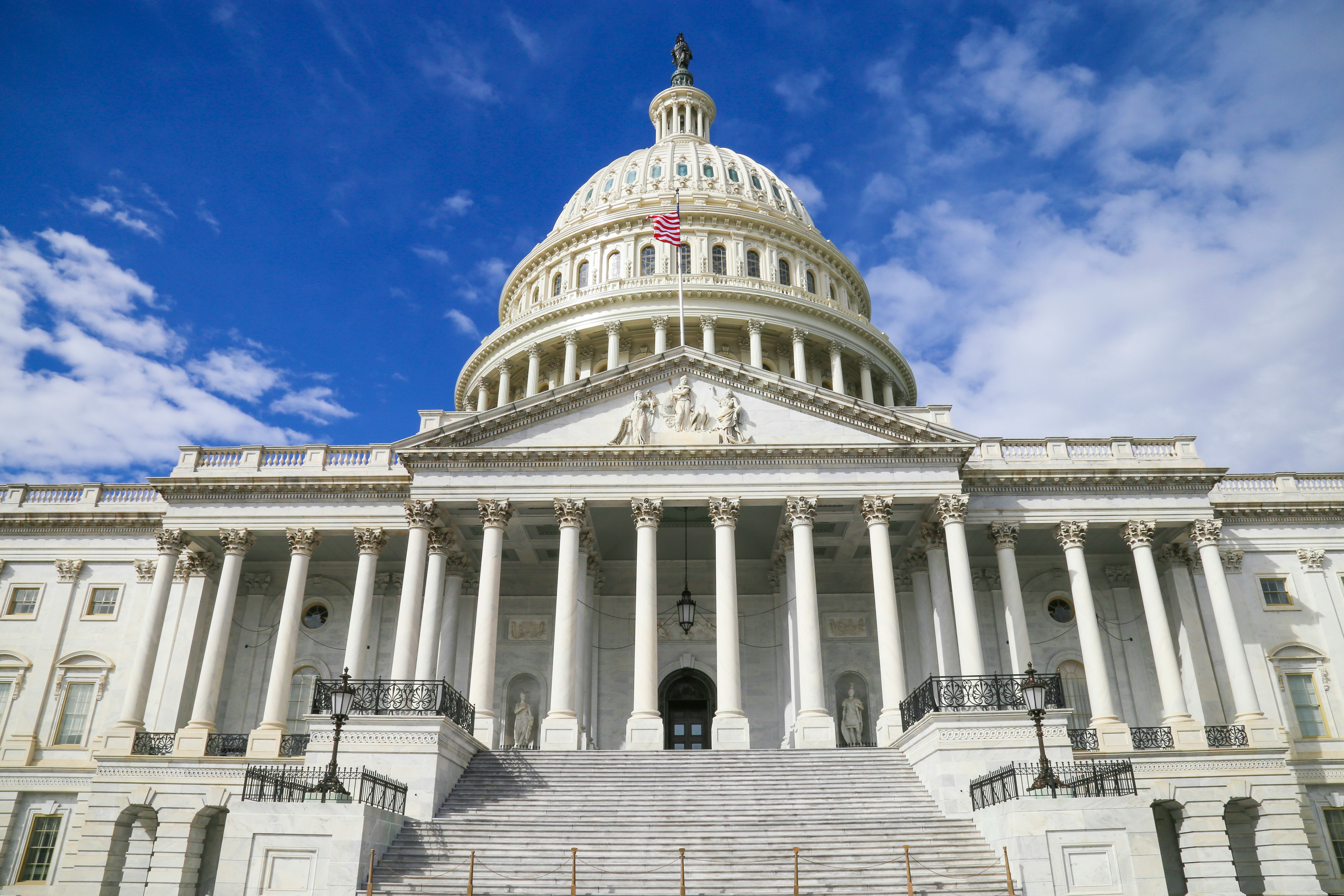Anti-CBDC bill passes US House, now heads to Senate


Image credit: Louis Velazquez/Unsplash
Disclaimer: This story was originally published on May 23, 2024.
A digital asset bill barring the United States Federal Reserve from issuing a central bank digital currency (CBDC) has passed the House of Representatives, receiving largely partisan approval on May 23, and now faces a vote in the Senate.
The CBDC Anti-Surveillance State Act, introduced by Majority Whip and Minnesota Rep. Tom Emmer in February 2023, seeks to prohibit the US central bank from issuing a “surveillance-style” CBDC that could give the federal government the ability “to monitor and control individual Americans’ spending habits.”
In a vote of 216-192, the bill received heavily Republican support, with only three Democrats voting in favor.
“Unlike decentralized cryptocurrencies, a CBDC is a digital form of sovereign currency that is designed, issued, and monitored by the federal government,” Emmer said before the voting on the House floor.
“It is government-controlled programmable money that, if not designed to emulate cash, could give the federal government the ability to surveil and restrict Americans’ transactions and monitor every aspect of their daily lives,” he added.
Democrats refuted such claims during a debate before the vote, arguing that such concerns were overblown and a ban would block innovation and research within the public sector.
“I rise in strong opposition to H.R. 5403, which would not only prohibit the issuance of a [...] CBDC but would go so far as to prohibit the Federal Reserve from holding bank reserves that are critical to operating payment systems and combatting inflation,” Democratic Rep. Maxine Waters said before the House voting on the bill.
Citing CBDC developments in other jurisdictions, Waters posited that the bill threatens the US dollar’s global dominance, allowing other nations to lead in CBDC development and potentially influence global standards.
“This bill is, instead, an attempt to stifle US innovation and competitiveness abroad and to undermine the Federal agency that is the most critical to fighting inflation,” Waters concluded.
The anti-CBDC’s House vote count shows a stark contrast to the vote on FIT21, where 71 Democrats and 208 Republicans voted in favor of the bill that details the Commodity Futures Trading Commission’s and the Securities and Exchange Commission’s roles in regulating the digital assets industry.
Similar to FIT21, the CBDC Anti-Surveillance State Act is now headed for Senate voting, where its prospects remain unclear given that half of Congress does not have a counterpart of the legislation.

